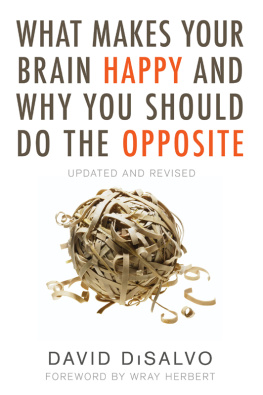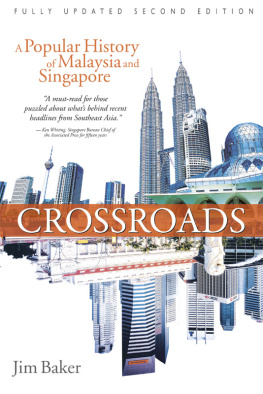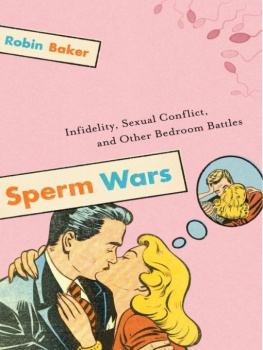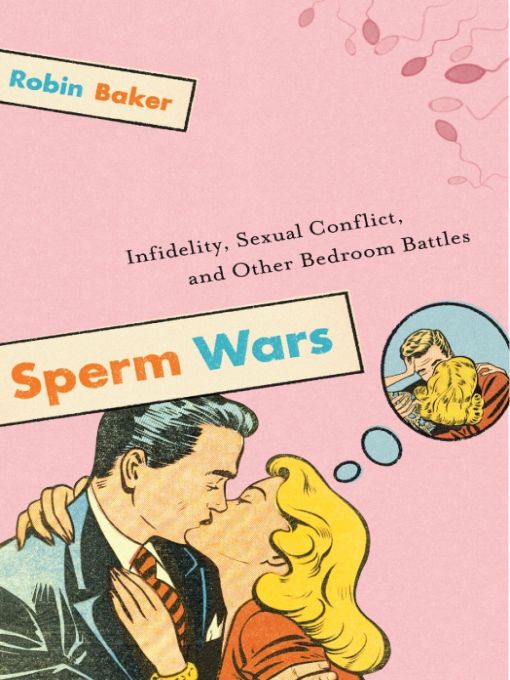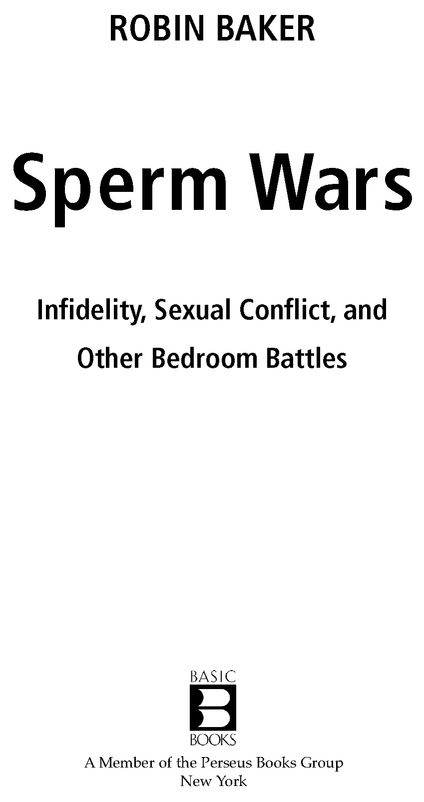Table of Contents
Sperm Wars
Dr Robin Baker was Reader in Zoology in the School of Biological Sciences at the University of Manchester from 1980-1996. Since leaving academic life in 1996, he has concentrated on his career in writing, lecturing and broadcasting. He has published over one hundred scientific papers and many books. These include Baby Wars and Sex in the Future. His work and ideas on the evolution of human behaviour have been featured in many television and radio programmes around the world. He has five children and has lived in Manchester since 1974.
Also by Robin Baker
Sex in the Future
To
K
E
J
F, Y
A, J, K, P, P, R, S, W
and
Thomas, Howard, David, Nathanial, Amelia
and the baby who was never named
Preface
Sex and reproduction occupy a major part of peoples time not so much the doing, more the thinking and talking. Despite all of this attention, most people find their own sexual activities, responses and emotions the most baffling of all aspects of their lives. Consider the following.
Why, in the midst of a perfectly happy and satisfying relationship, do we sometimes get an incredibly strong urge to be unfaithful? Why do men inseminate enough sperm at each intercourse to fertilise the entire population of the United States twice over? And why, then, do half of them dribble back down the womans leg? Why should we feel like sex so often when most of the time we dont want children? Why, when we least want children, do our bodies apparently let us down and produce them? Why, when we do want children, do our bodies apparently let us down and not produce them? Why is it so difficult to know the best time to have sex in order to conceive or not to conceive? Why is the penis the shape it is and why do we thrust during intercourse? Why do we get such strong urges to masturbate, and why do some of us have orgasms while asleep at night? Why is the female orgasm so unpredictable and so difficult to induce? Why are some people more interested in sex with members of their own sex?
These are just some of the questions to which most people, if they are honest, have no sensible or at least consistent answer. None the less, riding on the wave of a revolution in sexual understanding which began in the 1970s but which did not really gather momentum until the 1990s, these are questions which this book sets out to answer.
So far, this revolution in the interpretation of sexual behaviour has been the sole prerogative of academics evolutionary biologists, to be precise. In this book, my aim is to bring the new interpretation for the first time within the reach of a much wider audience.
The potential exists to revolutionise the way we all think about sex. My ambition is to help the revolution on its way. The main message from this revolution is that our sexual behaviour has been programmed and shaped by evolutionary forces which acted on our ancestors and which still act on us, even today. The main thrust of these forces was directed at our bodies, not our consciousness. Our bodies simply use our brains to manipulate us into behaving in a way dictated by our programming.
The central force that directed this programming was the risk of sperm warfare. Whenever a womans body contains sperm from two (or more) different men at the same time, the sperm from those men compete for the prize of fertilising her egg. The way in which these sperm compete is akin to warfare. Very few (less than 1 per cent) of the sperm in a human ejaculate are the elite, fertile egg-getters. The remainder are infertile kamikaze sperm whose function has nothing to do with fertilisation as such but everything to do with preventing sperm from another man fertilising the egg.
Sperm warfare is a story in itself, but it also has wide-ranging consequences at all levels of human sexual behaviour. In part consciously, but much more importantly subconsciously, all of our sexual attitudes, emotions, responses and behaviour revolve around sperm warfare, and all human sexual behaviour can be reinterpreted from this new perspective. Thus, most male behaviour is an attempt either to prevent a woman from exposing his sperm to warfare or, if he fails in this, to give his sperm the best chance of winning that warfare. Most female behaviour is an attempt either to outmanoeuvre her partner and other males, or to influence which males sperm have the best chance of succeeding in any war that she promotes.
For each one of us, there was a critical moment, some time in the past, when one of our fathers sperm entered one of our mothers eggs and we were conceived. That event unleashed a complex set of instructions for development. Those instructions were inherited half from our father and half from our mother and eventually produced the person we are today. If our father and mother hadnt had sex when they did, with whom they did, having prepared for it as they did, we would never have existed.
Behind every conception lies a story. But the details of these stories are rarely known. How many of us know, for example, whether our mother climaxed at our conception and, if so, whether she did so before, after or at the same time as our father? Did either our father or mother masturbate in the days or hours preceding our conception? Was either of them bisexual or was either of them being unfaithful to their partner at the time? When we were conceived, did our mother contain sperm from only one man or did she contain sperm from two or even more? Is the man we call our father actually the man who produced the sperm which fertilised the egg from which we developed?
These things will have made a difference to our personal origins, and an understanding of the precise ways in which they did is one of the most interesting outcomes of the new revolution.
Most people, of course, are conceived during an act of routine sex between a man and a woman who are living together in some form of long-term relationship. This is true now and has probably been true for at least the last three or four million years. Such conceptions might seem humdrum, but even routine sex has its surprises, as I hope this book will illustrate. And for those one in five or so people who are not the product of routine sex, there is an even more interesting story behind their conception. Many such stories are told in this book.
In 1995, Dr Mark Bellis and I published a book called Human Sperm Competition: Copulation, Masturbation and Infidelity. In that book, published by Chapman & Hall, we presented the results of recent biological research, much of it our own, about the repercussions for human sexuality of the risk of sperm warfare. We argued that almost every aspect of human sexuality, including much of the familiar and humdrum, owed its characteristics to the occurrence, or at least the risk, of sperm warfare. If you wish to read a scientific justification for the ideas and claims made in this book, then read Human Sperm Competition. Of necessity, that book is full of jargon, data, graphs and tables, which inevitably distance it from most peoples experience. Nevertheless, it contains an interpretation and explanation for all the sexual behaviour that is very much within most peoples experience behaviour that often seems irrational and inexplicable. The research shows, though, that sexual behaviour, in all its mundane, embarrassing, pleasurable, risky, criminal, amoral and exotic forms, does obey fundamental rules.





